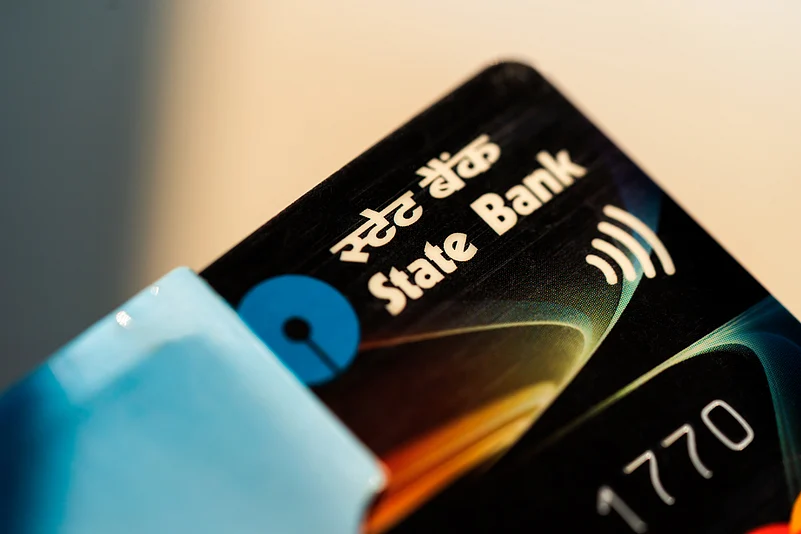Mumbai, 30 March 2020: Even after listing and traded for 10 sessions, the stock of SBI Cards and Payment Services (SBI Cards) is still struggling on bourses to trade around its issue price of Rs 750 per share. Though on Friday (March 27) it added minor gains of 0.70 per cent (up by Rs 4.55) to close the day at Rs 655.50, is still trading 12.60 per cent lower to its issue size.
It has been trying times for the stock from the day of listing as from its listing day (March 16), the stock markets has seen alternate bouts of heavy volatility and two circuit breakers applied in two different sessions within a week.
In its trading history of 10 sessions, only once (on March 18) the stock could trade above its issue price at Rs 769, however, it has failed to give closing above the issue price.. While on the lower side, it has dipped to Rs 575, showing the listing period volatility of 25.22 per cent.
Almost all brokerages were positive on the initial public offer (IPO) and some had predicted up to 60 per cent upside from the IPO price range of Rs 750-755, given its dominant position in the credit card market and strong parentage, SBI Card is well placed to benefit from the rising trend of digital payments and e-commerce.
Industry watchers were expressing the possibility of muted listing of the IPO against the hefty premium that prevailed in the Grey market following closure of the IPO. However, fears over spread of coronavirus shrunk the premium even further. The coronavirus outbreak coupled with oil crisis has led to a major blow to the stock market, which is why investors feared of a tepid listing of SBI Cards.
With high expectations of muted premium against earlier expectations of 30-40 per cent, the investors who betted under the high net worth individuals (HNI) category took a huge beating, as many of them had a high leveraged position.































